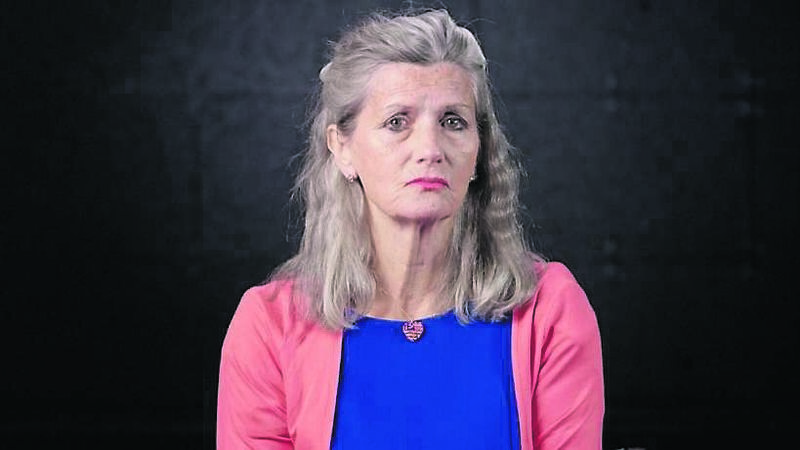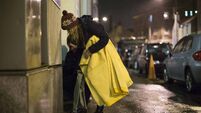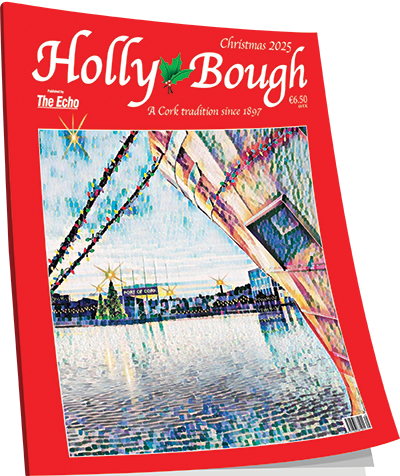Women relive agony of Ireland's Magdalene Laundries in TV documentary

After decades of silence, survivors of that system share their experiences during and since their incarceration, in the two-part documentary Ireland’s Dirty Laundry on RTÉ1 on Wednesday at 9.35pm.
The first episode focuses on the experience of the girls and women in the laundries: who was sent there, why, and what happened to them.
It contains shocking personal testimonies, with just enough expert comment to give context, where necessary, to what they say.
One of the most striking things is that this isn’t ancient history, but living memory. The last laundry, in Dublin’s Seán McDermott Street, only closed in 1996.
There is a particular poignancy in hearing these now elderly women describing tearfully their experiences of being sent away as young girls with little or no idea of what awaited them, sometimes as a result of domestic and sexual abuse, for which they themselves were made to pay a desperate price.
One of them, Maureen O’Sullivan, says: “You were constantly being told, ‘Nobody loves you. Nobody wants you. Your mother dumped you’.”
James M. Smith, from Boston College, says: “Families dumped daughters and aunts and sisters, who were deemed ‘in the way’ or perhaps the objects of shame.
“The family was sacrosanct after the 1937 constitution – inalienable rights. So, we asked no questions. There was no comment. And it was easier in some cases just to send Mary away or Bridget away.”
The series, which concludes on Wednesday week, also includes heart-breaking testimony from Gabrielle O’Gorman, who remarks: “It affected my marriage. It affected my children. I’ve now got seven grandchildren and I’m happy with my life, but I’ve felt that there was a great injustice served to us.
Samantha Long says: ““My mother was Magdalene Number 322, real name Margaret.
“Margaret was committed to industrial school in 1954, age two years and four months. She left 49 years later in a coffin.”






 App?
App?





